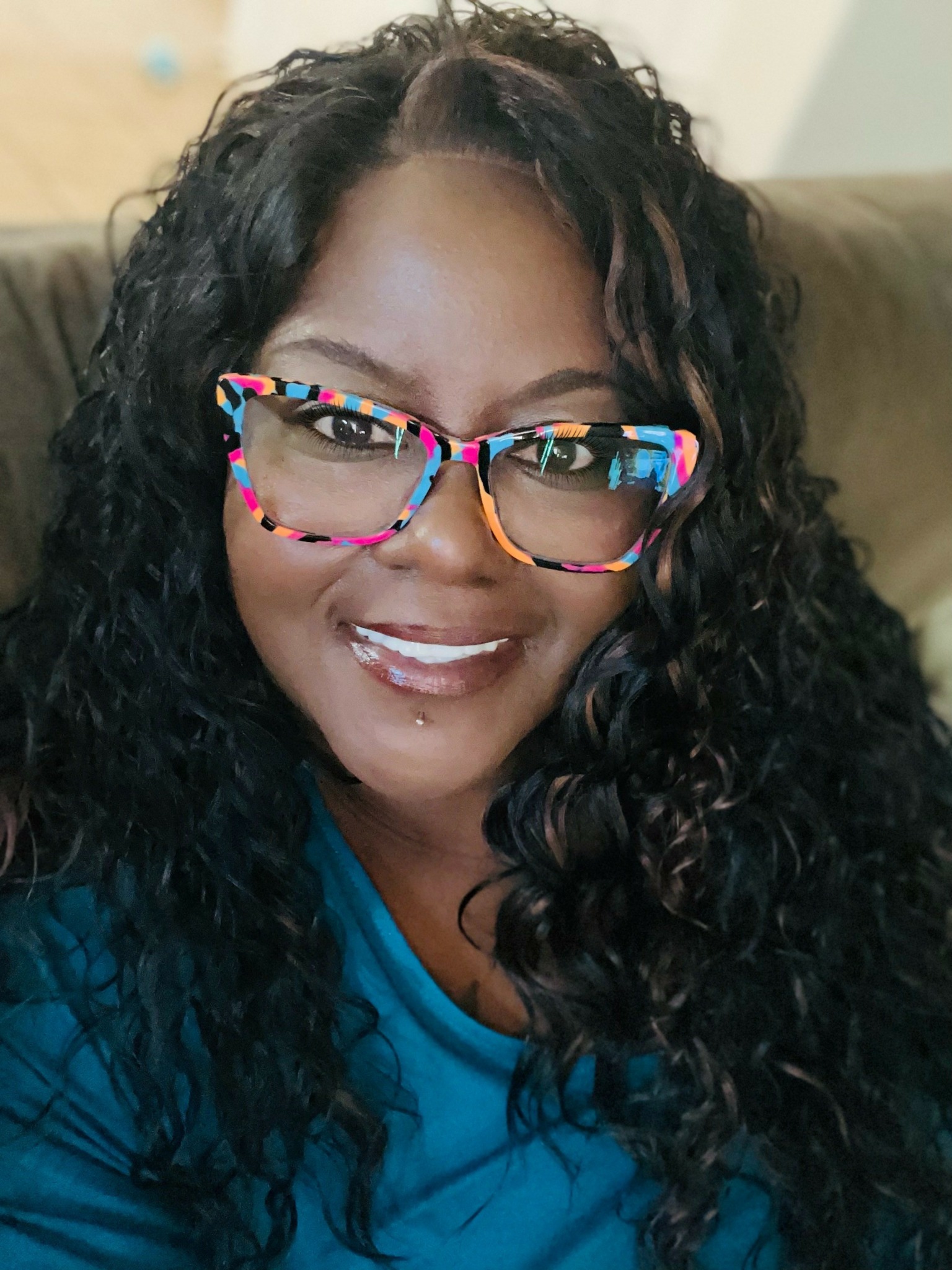We were lucky to catch up with Vickey Simmons-Hart recently and have shared our conversation below.
Alright, Vickey thanks for taking the time to share your stories and insights with us today. Was there a defining moment in your professional career? A moment that changed the trajectory of your career?
Yes, there was a moment that changed everything for me.
I was deep in post-graduate doctoral work, fully expecting to stay in academia. My plan was to write, teach, and pour into future clinicians from the front of a lecture hall. I was in the middle of my dissertation when I came across the concept of the Black Superwoman Schema, and it stopped me cold.
Reading through it, I didn’t just see research. I saw my community. I saw women who looked like me, women I’ve loved and admired my entire life. I saw the cost of always being strong, always being in control, always carrying more than we should have ever been asked to. And I saw myself in it too—overfunctioning, emotionally numbing, surviving instead of living. It hit hard. And it hit home.
That was the moment I knew I wasn’t meant to only educate clinicians. I was meant to be one.
I paused my dissertation and stepped off the path I thought I had to follow. I changed programs and started training to become a licensed mental health counselor. That decision completely reshaped my career and my life.
Now, I sit with clients who carry those same invisible weights. I get to help people name what they’ve been carrying, what they’ve had to hide, what they’ve been praised for that was actually hurting them. That pivot made me who I am today—more honest, more grounded, and more connected to the work I was always meant to do.
The lesson? Sometimes clarity doesn’t come in a grand moment. It comes in the form of something that hits too close to home to ignore. When that happens, you listen—and if you’re brave enough, you pivot.
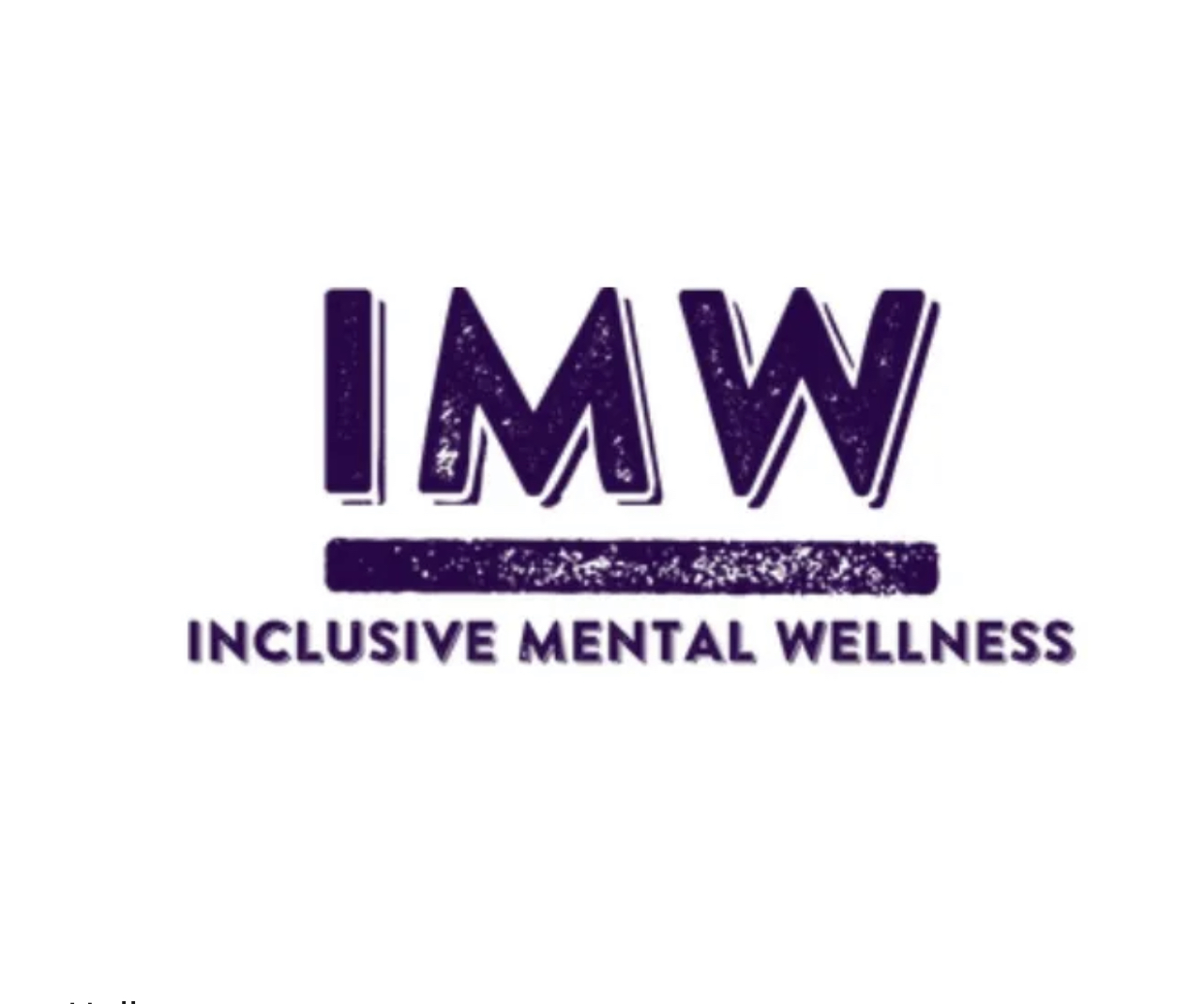
Great, appreciate you sharing that with us. Before we ask you to share more of your insights, can you take a moment to introduce yourself and how you got to where you are today to our readers.
**Hi, I’m Vickey Simmons-Hart, LPC, NCC—founder of Inclusive Mental Wellness, LLC.**
I’m a Licensed Professional Counselor based in Arizona, and my practice is all about helping people come home to themselves. I work with folks navigating the messiness of life—trauma, burnout, grief, identity transitions, relationship ruptures, emotional dysregulation—you name it. The people I serve are often holding a lot. Sometimes too much. And my job is to help them make space, make meaning, and make their way back to emotional safety—on their terms.
**How I got into this work?**
This path opened up through a combination of lived experience, professional exposure to trauma and crisis, and a fierce belief that healing should never be gatekept. Before becoming a therapist, I worked across several high-intensity, service-oriented roles—from higher education academic and financial support, to investigative child safety, 911 dispatch, group home management, and foster/adoptive parenting. I witnessed systems fail people every day, and I knew there had to be a better way to hold space for healing.
As a queer, Black woman, I stand at the intersection of multiple identities that are often overlooked, marginalized, or misunderstood. My lived experience gives me a firsthand understanding of the layered ways that race, gender, sexual orientation, and culture impact how people move through the world—and how they access care. Intersectionality isn’t just a buzzword; it’s the foundation of how I see clients, how I structure my practice, and how I advocate for healing. I’m a member of many of the same communities that are so often left behind, and that proximity fuels my passion to create affirming, accessible mental health spaces.
I built Inclusive Mental Wellness in direct response to what study after study has shown about the mental health needs of Black women and girls. The literature was clear: race, gender, culture, and sexual orientation deeply shape how pain is experienced—and too often, that pain is dismissed or invisibilized. As I read those studies, I saw my mother, my sisters, my nieces, my friends—and myself. My practice exists to answer the call: to offer affirming, trauma-informed, culturally responsive care before another generation of Black women and girls is told to “just be strong” instead of being supported to heal.
**What I offer:**
I provide virtual psychotherapy to clients across Arizona, with a focus on trauma recovery, emotional regulation, relationship work, and identity integration. I draw from a deep well of modalities including Internal Family Systems (IFS), EMDR, Brainspotting, Emotion-Focused Therapy (EFT), DBT/CBT, somatic and psychoanalytic frameworks—basically, I’ve got range *and* receipts. I also support clients exploring non-traditional relationship structures, sex work, neurodivergence, racial identity, intergenerational trauma, and systemic burnout.
My practice is where the revolution meets the regulation. Where rest is sacred. Where we unlearn survival mode and begin to *thrive.*
**What makes me different?**
I hold space with deliberate pacing and attuned curiosity—blending trauma-informed care, parts work, and relational depth to help clients build safety, insight, and trust from the inside out.
I’m also not afraid to talk systems. We can’t talk about burnout or grief or trauma without naming capitalism, colonization, or culture. I hold space for all of it. Your story doesn’t live in a vacuum—and neither does your healing.
**What I’m most proud of?**
Honestly? That people trust me with their stories. That clients say things like, *“This is the first time I’ve been able to tell the truth without shame.”* That I’ve created a practice that welcomes all of you—not just the “put-together” parts.
Also: I’m proud that my clients laugh in session. That we find joy and creativity even in the hard moments. That I can bring a little bit of softness, and a whole lot of strategy, to people who are learning how to be human again.
**If you’re new to me or my work, here’s what I want you to know:**
* You are not broken.
* You don’t have to earn rest, love, or belonging.
* Healing is not linear, but it is possible.
* Therapy can (and should) feel like a safe, affirming place to land.
* And yes, you *can* cuss and cry and process generational trauma in the same breath.
Inclusive Mental Wellness isn’t just a therapy practice—it’s a space for deep remembering, radical rest, and real growth. Whether you’re processing, deconstructing, grieving, or rebuilding—I’m here to help you come home to yourself.
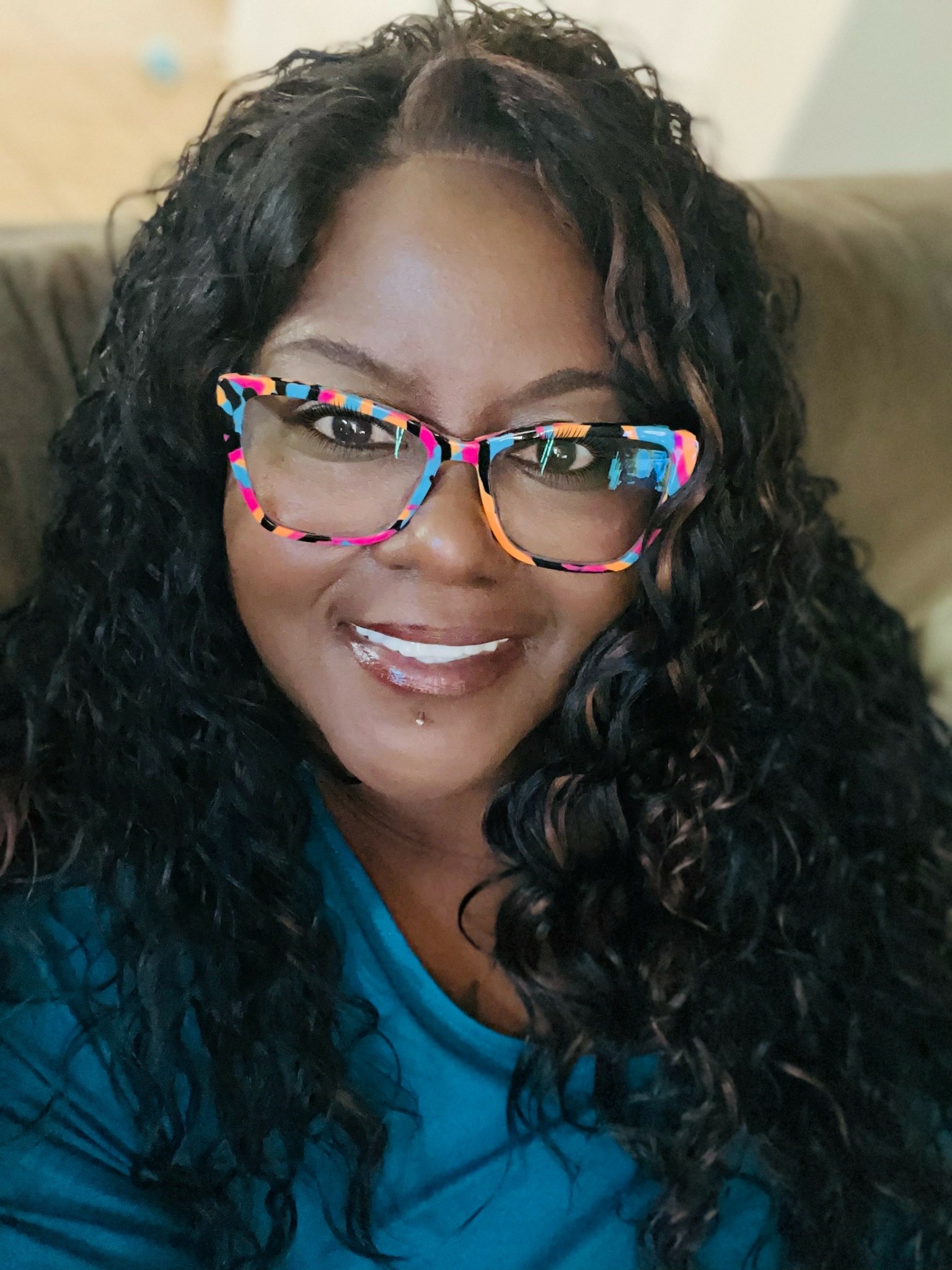
Let’s talk about resilience next – do you have a story you can share with us?
Years ago, I transitioned out of higher education because I wanted to do more for children and families like the ones I served as a foster and adoptive parent. I felt called to make a bigger impact in my community. I enrolled in a doctoral program in behavioral health and completed all my coursework, eventually moving into the dissertation phase. Around that same time, my father was diagnosed with stage IV lung cancer and made the decision to forgo treatment. I wanted so badly to finish in time for him to see me walk across that stage, but I was running out of time.
Even as I grieved, I kept pushing forward. I had an approved prospectus, but the feedback I was receiving from my committee was that my work was “too clinical” for someone who hadn’t practiced yet and “too radical” for a program that wasn’t a PhD track. I was stuck for nearly a year. I was also deeply unhappy in my job and uncertain about my next steps. Then I stumbled across a job posting for an in-home supervisor role, supporting families mandated by child welfare to receive services. I applied, was hired, and found myself immediately at ease working in a therapeutic capacity. That was July 2018.
By February 2019, I made the difficult decision—against the wishes of my doctoral chairs and colleagues—to pause the dissertation and become what the literature kept saying was needed: a trauma-informed, culturally attuned mental health provider. My father passed away in June 2019, and I collapsed under the weight of it all. I was unemployed, grieving, caring for a permanently and totally disabled spouse, and raising three children—one of whom was medically fragile.
I had to choose. And I chose me. It wasn’t easy. I took odd jobs, I hustled, I survived. But eventually, I finished school. I became licensed. I started my practice. And I built something that honors my father, my family, my community, and the little Black girl in me who refused to give up.
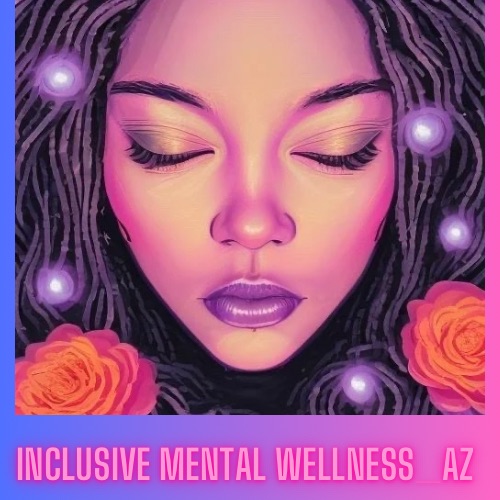
Training and knowledge matter of course, but beyond that what do you think matters most in terms of succeeding in your field?
You have to learn how to stay in the tail of the comet.
This work is fast-moving, soul-stretching, and deeply sacred. The people who burn out—or do harm—are often the ones trying to lead the process instead of listening to it. Success in this field isn’t about being the smartest voice in the room. It’s about being the most grounded. The most accountable. The most attuned.
Staying in the tail of the comet means letting the work lead you. It means regulating yourself before you try to regulate someone else. It means studying and unlearning. Consulting with your colleagues. Checking your biases. Doing your own healing work so your pain isn’t driving the session.
It’s about reverence—knowing that every person who sits in front of you is trusting you with something fragile, even if it looks angry or quiet or chaotic. You cannot hold what you haven’t practiced holding within yourself.
So yes, get trained. Learn the modalities. But also learn to pause. To reflect. To stay curious. And above all—stay in the tail of the comet. The work will always show you where it needs to go. Your job is to be steady enough to follow.
Contact Info:
- Website: https://inclusivemwaz.com/
- Instagram: @inclusivemwaz
- Linkedin: https://www.linkedin.com/in/inclusivemwllc
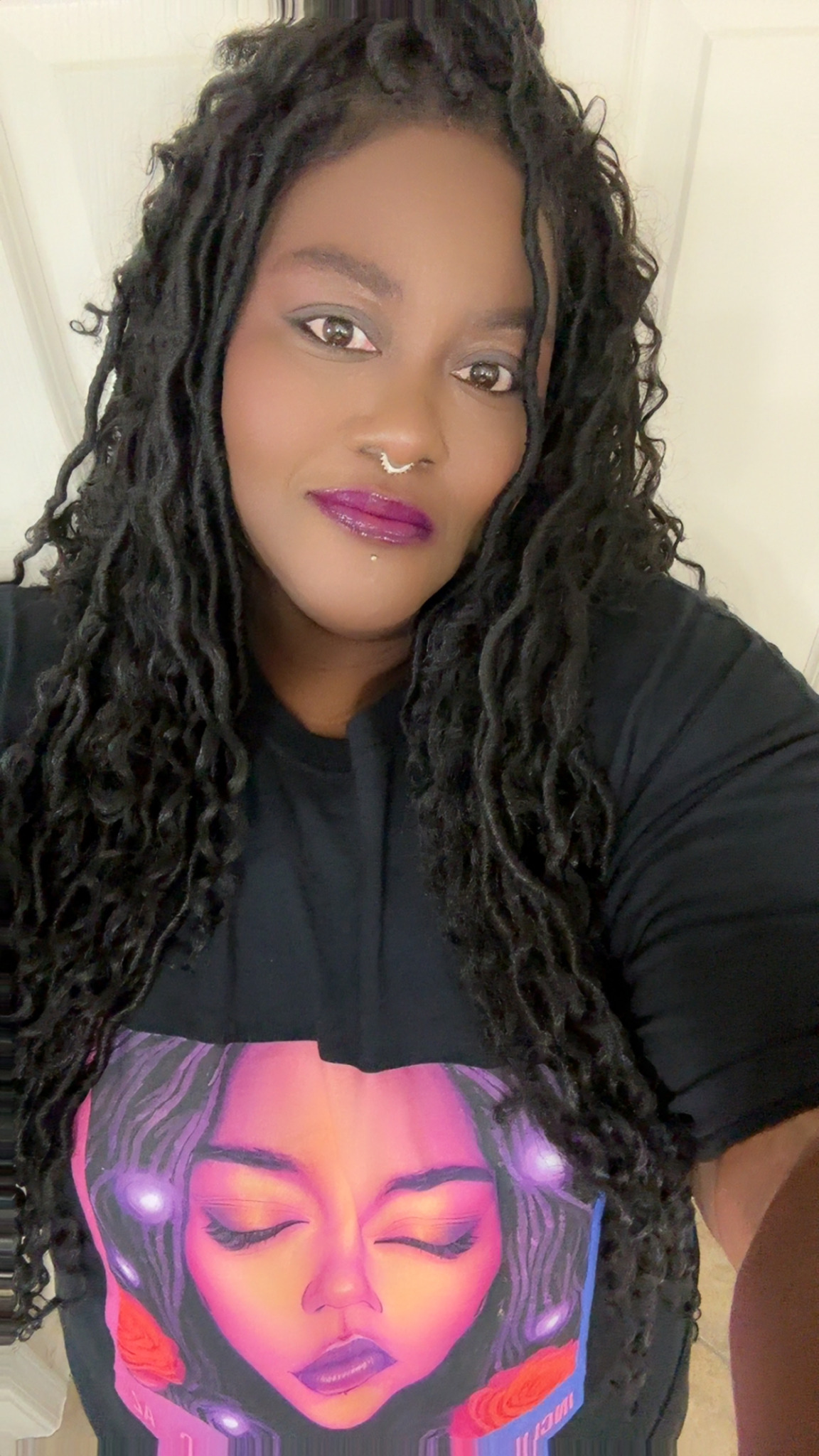

Image Credits
I took and created all of the images myself.


